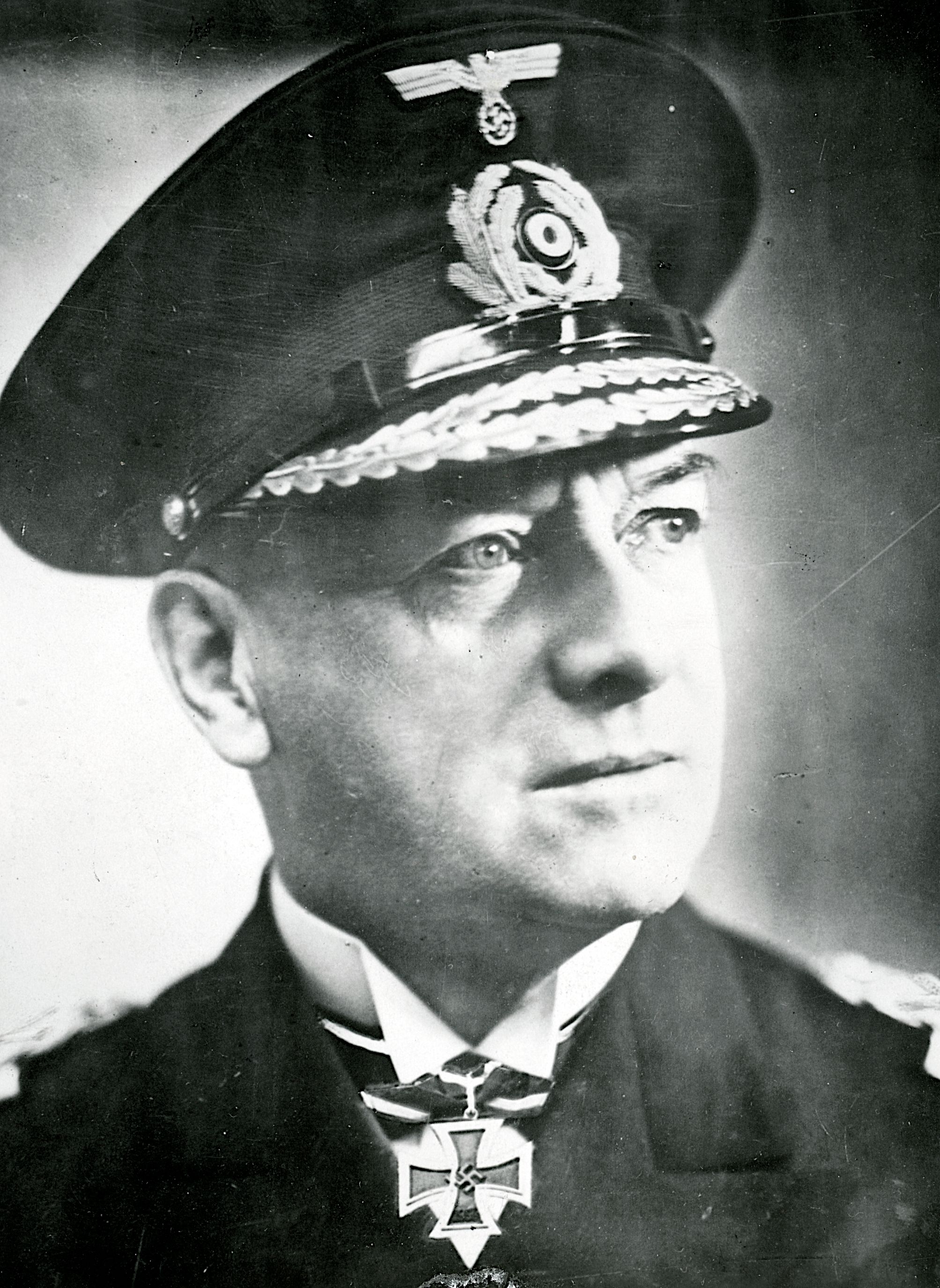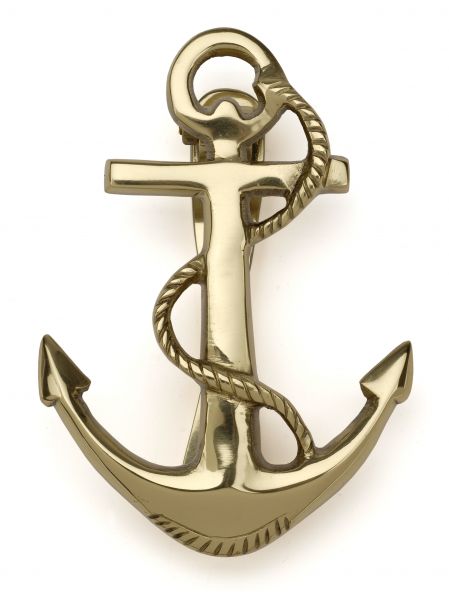


The story of the war at sea during the second world war is really a story of four admirals. On the German side, Gossadmirals Raeder and Doenitz, and on the British side, Admirals of the Fleet Sir Dudley Pound and Viscount Cunningham. All four are vital in understanding the unfolding of events as they took place at sea in the years between 1939 and 1945.
I would like to pause for a moment on Grossadmiral Raeder in particular since he is emblematic of the deterioration within the German leadership that took place after his resignation in 1943. Admiral Raeder was head of the German Navy prior to war commencing when Admiral Doenitz was first promoted to Flag Rank in 1939, and appointed commander of submarine operations under the direction of Grossadmiral Raeder.
In many ways the nature of the German war was the internecine struggle between Raeder and Hermann Goering, head of the Luftwaffe, for whom could wrest control of the largest number of funds to advance their respective services. Grossadmiral Raeder was convinced of the importance of submarine warfare to the tide of the war, and Goering wanted to build the Luftwaffe into the formidable force it became in anticipation of the Invasion of England.
As history unfolded, the Battle of Britain resulted in Goering's Luftwaffe being soundly defeated after which Hitler decided to embark upon his ultimately disastrous Operation Barbarossa, the invasion of Soviet Russia. Grossadmiral Raeder was vehemently opposed to Operation Barberosa and was very vocal in his feelings on the subject, a fact over which he was to resign in 1943 to be replaced by the more compliant, and feverishly devoted Admiral Doenitz. The rest, as they say, is history.
Erich Johann Albert Raeder (April 24, 1876–November 6, 1960) was a naval leader in Germany before and during World War II. Raeder attained the highest possible naval rank—that of Großadmiral (Grand Admiral)—in 1939, becoming the first person to hold that rank since Alfred von Tirpitz. Raeder led the Kriegsmarine (German Navy) for the first half of World War II, but resigned in 1943 and was replaced by Karl Dönitz. He was sentenced to life in prison at the Nuremberg Trials, but was later released and wrote his autobiography.
Although Raeder generally disliked the Nazi Party, he strongly supported Adolf Hitler's attempt to rebuild the Kriegsmarine, while apparently disagreeing equally strongly on most other matters. On 20 April 1936, just a few days before Raeder's sixtieth birthday, Hitler presented him with the rank of Generaladmiral (General Admiral). In his quest to rebuild the German Navy, Raeder faced constant challenges from Hermann Göring's ongoing quest to build up the Luftwaffe.

Nevertheless Raeder was promoted to Großadmiral (Grand Admiral) in 1939, and later that year suggested Operation Weserübung, the invasions of Denmark and Norway in order to secure sheltered docks out of reach of the Royal Air Force, as well as provide direct exits into the North Sea. These operations were eventually successfully carried out, although with relatively heavy losses.
Raeder was not a strong supporter of Operation Sealion, the planned German invasion of the United Kingdom. He felt that the war at sea could be conducted far more successfully via an indirect strategic approach, by increasing the numbers of U-boats and small surface vessels in service. This, in addition to a strategic focus on the Mediterranean theater including a strong German presence in North Africa, plus an invasion of Malta and the Middle East.
He argued strongly against Operation Sealion because of his doubts about a decisive German air superiority over the English Channel and the lack of regional German naval superiority. Air superiority was a prerequisite to successfully preventing destruction of the German invasion fleet by the Royal Navy. Since such requirements were not met, the invasion was postponed indefinitely due to the Luftwaffe's failure to obtain air superiority during the Battle of Britain. Instead the German war machine was diverted to Operation Barbarossa, the German invasion of the Soviet Union, which he vigorously opposed.

No comments:
Post a Comment